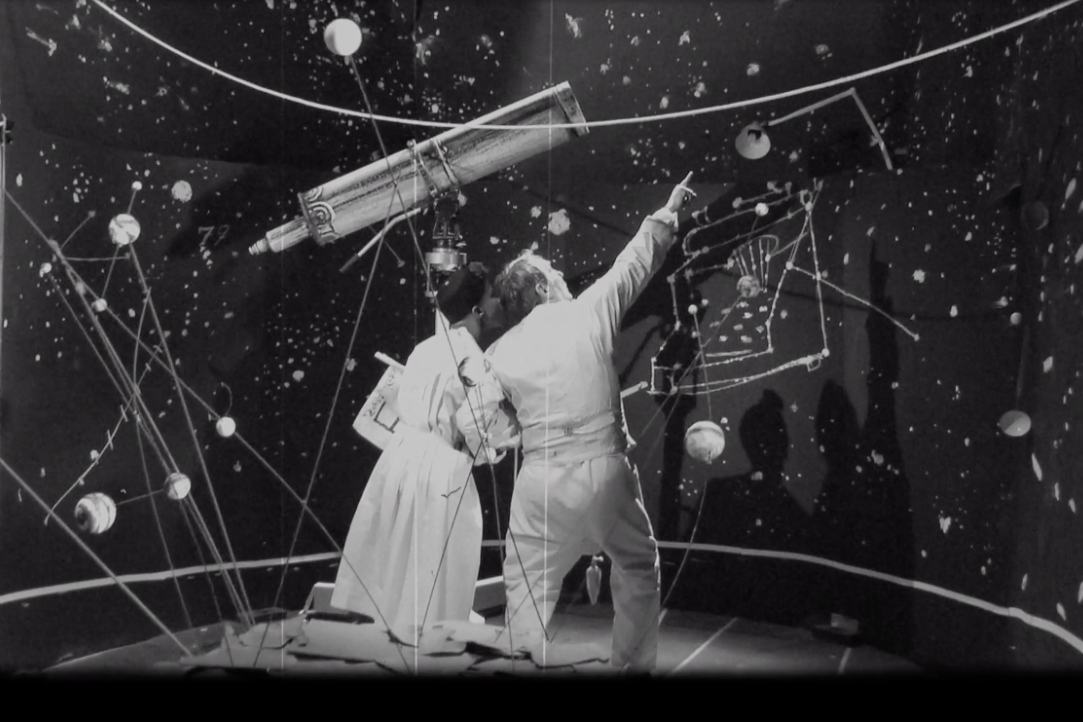
Tag "interview"


Mikhail Boytsov, Professor in the HSE’s Faculty of History, recently held the Christan Wolff professorship at the Martin Luther University in Halle and Wittenberg. He spoke with the HSE news service about his experience working in Germany and his plans for future research.
HSE’s International Laboratory of Process-Aware Information Systems (PAIS lab) was established in January 2013 and is supervised by Professor Wil van der Aalst. In fact, Professor Van der Aalst is the highest ranked European computer scientist (according to Google Scholar). On April 15, 2013 he is giving a lecture in the PAIS lab seminar series. We used this opportunity to ask him some questions.
